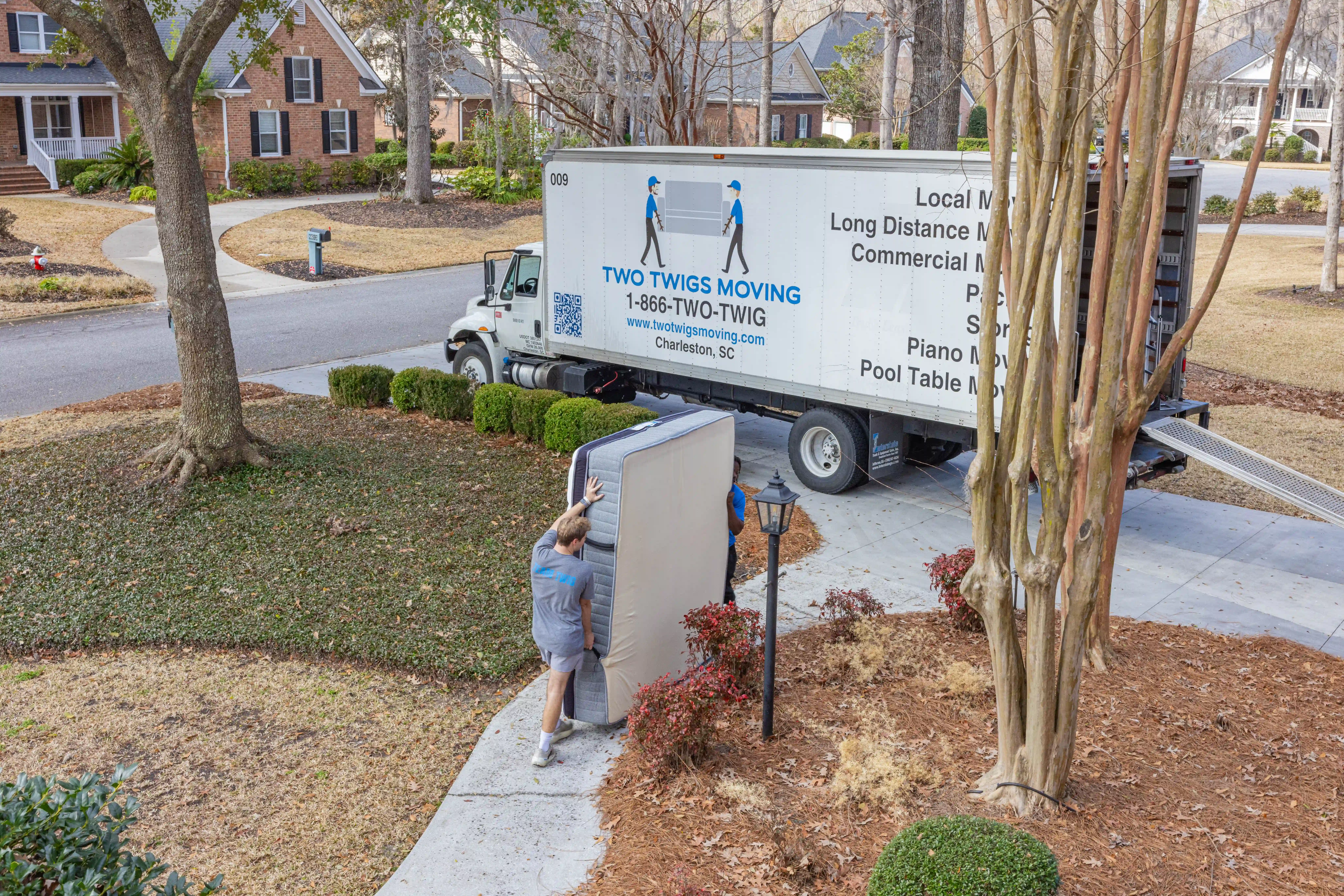From hiring movers to purchasing packing supplies, the expenses can quickly add up. However, with strategic planning and savvy decision-making, it’s possible to keep your move within budget. Here are some tips to help you achieve a smooth relocation without breaking the bank:
- Set a Realistic Budget: Before you start planning your move, take the time to assess your financial situation and determine how much you can afford to spend. Factor in all potential expenses, including packing materials, moving truck rental, labor costs, and any additional services you may need. Setting a realistic budget will help guide your decision-making process and prevent overspending.
- Get Multiple Quotes: When hiring professional movers or renting a moving truck, don’t settle for the first option you come across. Shop around and obtain quotes from several reputable companies to compare prices and services. Be sure to inquire about any hidden fees or additional charges that may apply. Choosing the most cost-effective option will help you stay within your budget while ensuring quality service.
- Declutter Before You Pack: Moving presents the perfect opportunity to declutter and downsize your belongings. Take the time to go through your possessions and identify items you no longer need or use. Consider selling, donating, or recycling these items instead of paying to move them to your new home. Not only will decluttering save you money on moving expenses, but it will also streamline the packing process and reduce stress.
- Use Free or Low-Cost Packing Supplies: Instead of splurging on brand-new packing materials, explore cost-effective alternatives. Seek out free cardboard boxes from local retailers, friends, or online marketplaces. Utilize items you already have on hand, such as suitcases, duffel bags, and bins, to pack your belongings. For delicate items, use newspaper, towels, or clothing as padding to protect them during transit. By getting creative with your packing materials, you can save significant money without sacrificing the safety of your possessions.
- Plan Your Moving Date Strategically: The timing of your move can have a significant impact on its cost. Peak moving seasons, such as summer and weekends, tend to be more expensive due to high demand. Consider scheduling your move during off-peak times, such as weekdays or the winter months, to secure lower rates. Additionally, be flexible with your moving date to take advantage of any discounts or promotions offered by moving companies.
- DIY Whenever Possible: While hiring professional movers can save you time and effort, it often comes with a hefty price tag. If you’re on a tight budget, consider handling certain aspects of the move yourself. Enlist the help of friends and family to assist with packing, loading, and unloading belongings. Renting a moving truck and transporting your items independently can also be a more economical option, especially for local moves.
- Stay Organized and Efficient: A well-organized move is a cost-effective move. Create a detailed moving checklist and timeline to stay on track and avoid last-minute expenses. Label boxes clearly and pack strategically to maximize space and minimize the number of trips required. By staying organized and efficient throughout the moving process, you’ll minimize the risk of overspending and ensure a smooth transition to your new home.
Keeping your move within budget requires careful planning, resourcefulness, and smart decision-making. By setting a realistic budget, obtaining multiple quotes, decluttering before you pack, using cost-effective packing supplies, planning your moving date strategically, considering DIY options, and staying organized and efficient, you can achieve a successful relocation without breaking the bank. With the right approach, you’ll be able to enjoy the excitement of your new home without the stress of financial strain.


.svg)


